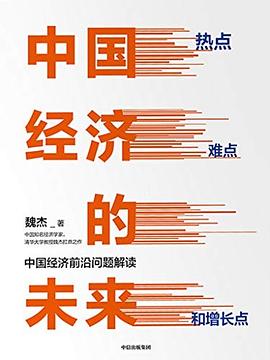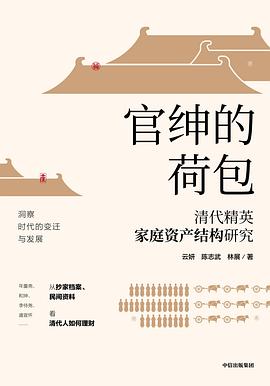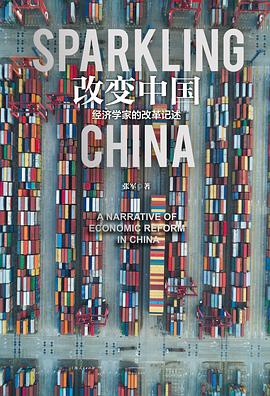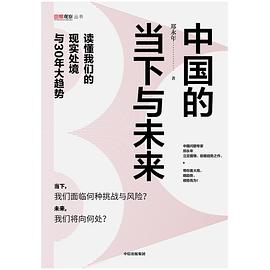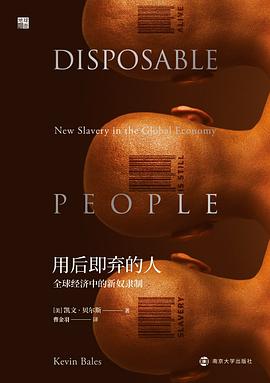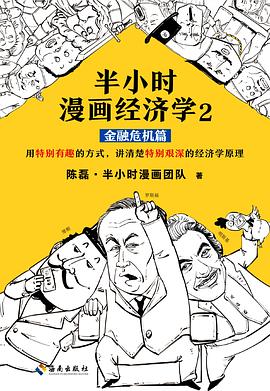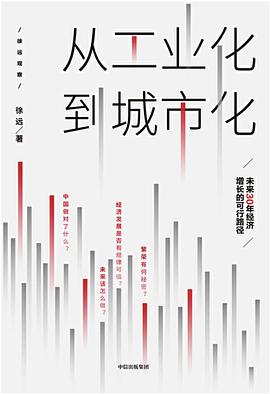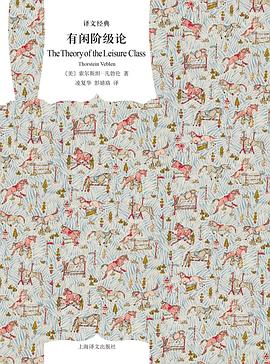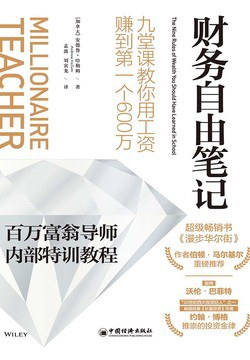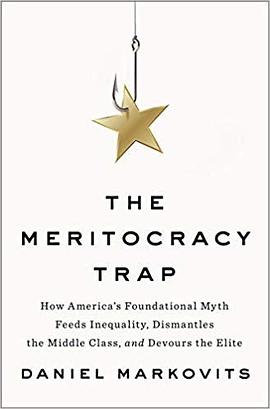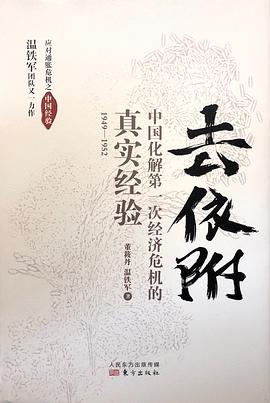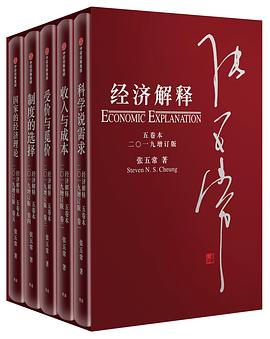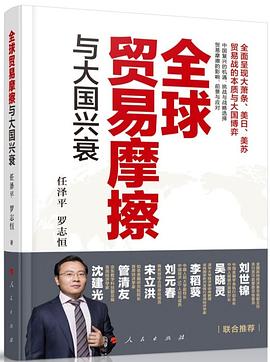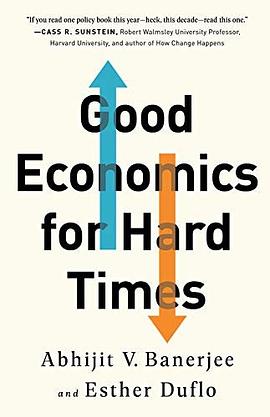

具体描述
Abhijit Banerjee is the Ford Foundation International Professor of Economics at the Massachusetts Institute of Technology, and a co-founder and co-director of the Abdul Latif Jameel Poverty Action Lab (J-PAL). In 2011, he was named one of Foreign Policy magazine's top 100 global thinkers. Banerjee served on the U.N. Secretary-General's High-level Panel of Eminent Persons on the Post-2015 Development Agenda. He lives in Cambridge, Massachusetts.
Esther Duflo is the Abdul Latif Jameel Professor of Poverty Alleviation and Development Economics in the Department of Economics at the Massachusetts Institute of Technology and a co-founder and co-director of the Abdul Latif Jameel Poverty Action Lab (J-PAL). Duflo is a member of the American Academy of Arts and Science, and has received numerous academic honors and prizes including the Princess of Asturias Award for Social Sciences (2015), the Infosys Prize (2014), the Dan David Prize (2013), a John Bates Clark Medal (2010), and a MacArthur "Genius Grant" Fellowship (2009). Duflo is a member of the President's Global Development Council and a Founding Editor of the American Economic Journal: Applied Economics, and is currently the editor of the American Economic Review. She lives in Cambridge, Massachusetts.
Two prize-winning economists show how economics, when done right, can help us solve the thorniest social and political problems of our day.
Figuring out how to deal with today's critical economic problems is perhaps the great challenge of our time. Much greater than space travel or perhaps even the next revolutionary medical breakthrough, what is at stake is the whole idea of the good life as we have known it.
Immigration and inequality, globalization and technological disruption, slowing growth and accelerating climate change--these are sources of great anxiety across the world, from New Delhi and Dakar to Paris and Washington, DC. The resources to address these challenges are there--what we lack are ideas that will help us jump the wall of disagreement and distrust that divides us. If we succeed, history will remember our era with gratitude; if we fail, the potential losses are incalculable.
In this revolutionary book, renowned MIT economists Abhijit V. Banerjee and Esther Duflo take on this challenge, building on cutting-edge research in economics explained with lucidity and grace. Original, provocative, and urgent, Good Economics for Hard Times makes a persuasive case for an intelligent interventionism and a society built on compassion and respect. It is an extraordinary achievement, one that shines a light to help us appreciate and understand our precariously balanced world.
用户评价
##这本书不像自己想象的那样高深 这本书不管是 讨论贸易还是讨论政府税收,都有 这些对贫困的弱势群体影响的分析。 读完我最大的感受就是 贫富两极分化 不仅中国,全球都在持续加深。 还有人流动起来或许会改变困境。人的基因可能更能适应不断变化流动的环境,因为就像人类简史里...
评分##这本书不像自己想象的那样高深 这本书不管是 讨论贸易还是讨论政府税收,都有 这些对贫困的弱势群体影响的分析。 读完我最大的感受就是 贫富两极分化 不仅中国,全球都在持续加深。 还有人流动起来或许会改变困境。人的基因可能更能适应不断变化流动的环境,因为就像人类简史里...
评分 评分 评分##比穷人经济学写得好多了,更加political,也说明了经济学家这些年来政治立场的变化
评分 评分 评分 评分“经济”一词,在中文语境里的含义,往往是节约。节约什么呢?节约资源。无独有偶,经济学研究的核心也是资源,不过不仅是节约,而是所谓的资源配置。围绕着资源配置就有了经济学最关心的问题:经济增长和福利分配。这两个主题之热门,前有内生增长理论代表人物保罗·罗默获得...
相关图书
本站所有内容均为互联网搜索引擎提供的公开搜索信息,本站不存储任何数据与内容,任何内容与数据均与本站无关,如有需要请联系相关搜索引擎包括但不限于百度,google,bing,sogou 等
© 2025 book.teaonline.club All Rights Reserved. 图书大百科 版权所有

